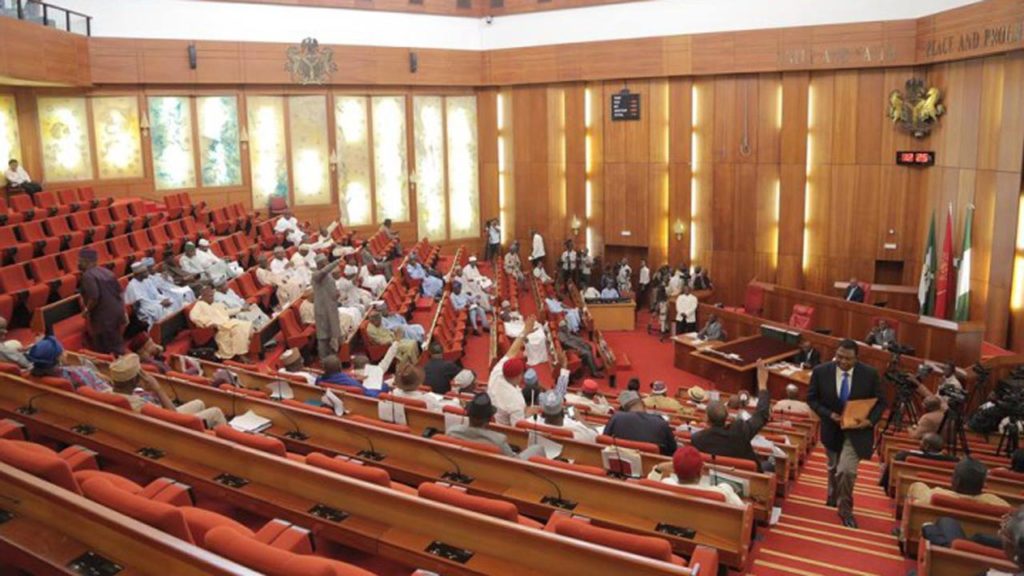Following the disclosure by the Chairman of the Senate Committee on Diaspora and Non-governmental Organisations (NGOs) Sen. Michael Ama-Nnachi that the house will soon pass the 2020 Companies and Allied Matters Act (CAMA), Civil Society Organizations (CSOs) have urged the assembly to reconsider some section of the law that is capable of shrinking the civil space for them.
Ama-Nnachi while speaking on Tuesday in Abuja at a multi-stakeholder review meeting on frameworks for CSOs, disclosed that the ninth senate will conclude work and pass the CAMA Act currently before the assembly into law before their tenure elapse.
The meeting was organised by the Policy and Legal Advocacy Centre (PLAC) with support from the European Union Agents for Citizens-Driven Transformation (EU-ACT) and British Council.
Reacting to the development, leaders of CSOs in the country have called on the ninth national assembly to create laws that will assist them to contribute meaningfully to the development of the country, rather than laws that will gag their operations.
According to them, some sections of the Companies and Allied Matters Act (CAMA) are meant to shrink the space and gag CSOs from doing the work that they ought to do for the interest of the nation.
Speaking, PLAC Executive Director, Clement Nwankwo said it was wrong for the CAMA Act to mandate CSOs to report to the Corporate Affairs Commission (CAC) twice a year, while companies will be reporting just once in that same year.
Nwankwo urged the assembly to remove some of those burdens and ensure that CSOs working within civic space are not burdened by the onerous provisions of the bill, adding that Non-governmental organisations (NGOs) are individual initiatives that want to create development in the country.
His words: “There are subordinate places on CSOs in terms of its provisions, one, management, two reporting, and three, the construction that it creates for civic space. So for a lot of us, it’s a question to remove some of those burdens and ensure that NGOs working within civic space are not burdened by the onerous provisions of the bill.
“Companies, for instance, are expected to report once a year to CAC, but the burden on CSOs is twice. So these are some of the issues and then the question of appointment of what is called trustees. NGOs are individual initiatives of people who want to create development in the country. And then we expect that the bills and laws that exist should aim to support those individual initiatives. And those are the concerns that civil society has.”
Also speaking, founder, Albino foundation, Jake Epelle who strong believed in self regulation, noted that CSOs are strongly behind any regulation that will bring sanity to the civic space.
Epelle stressed the need for synergy between government and CSOs to enhance development that will be beneficial for citizens rather than attempts to shrink the civil space. “I think we need a strategic approach to come up so that it will be meaningful and will bring the expected dividends.”
SOurce: Guardian.ng

